The Witcher season 2
There’s something oddly comforting about The Witcher season 2 being released during the festive season.
Maybe it’s the fact that the live-action fantasy show’s next instalment arrives almost two years to the day after the series first launched on Netflix. Or maybe it’s because we visit snow-capped mountains and icy-cold locations as part of this season, which is in keeping with the wintry time of year.
Perhaps, though, it’s due to TV fans wanting a top-quality show, which is equally compelling and entertaining, to enjoy during the winter months – in the Northern hemisphere, at least.
And boy, does The Witcher season 2 fit the bill. Not only does it supersede what came before, but the second entry in Netflix’s adaptation of Andrzej Sapkowski’s literary works is a spellbinding sequel that delivers a magical, action-packed drama that’ll delight and surprise fans.
- Witcher season 2 teaser shows off brand new monster as release date nears
- These are the best Netflix shows to watch right now
- Or check out these top tier Netflix movies instead
Beauty and the beast
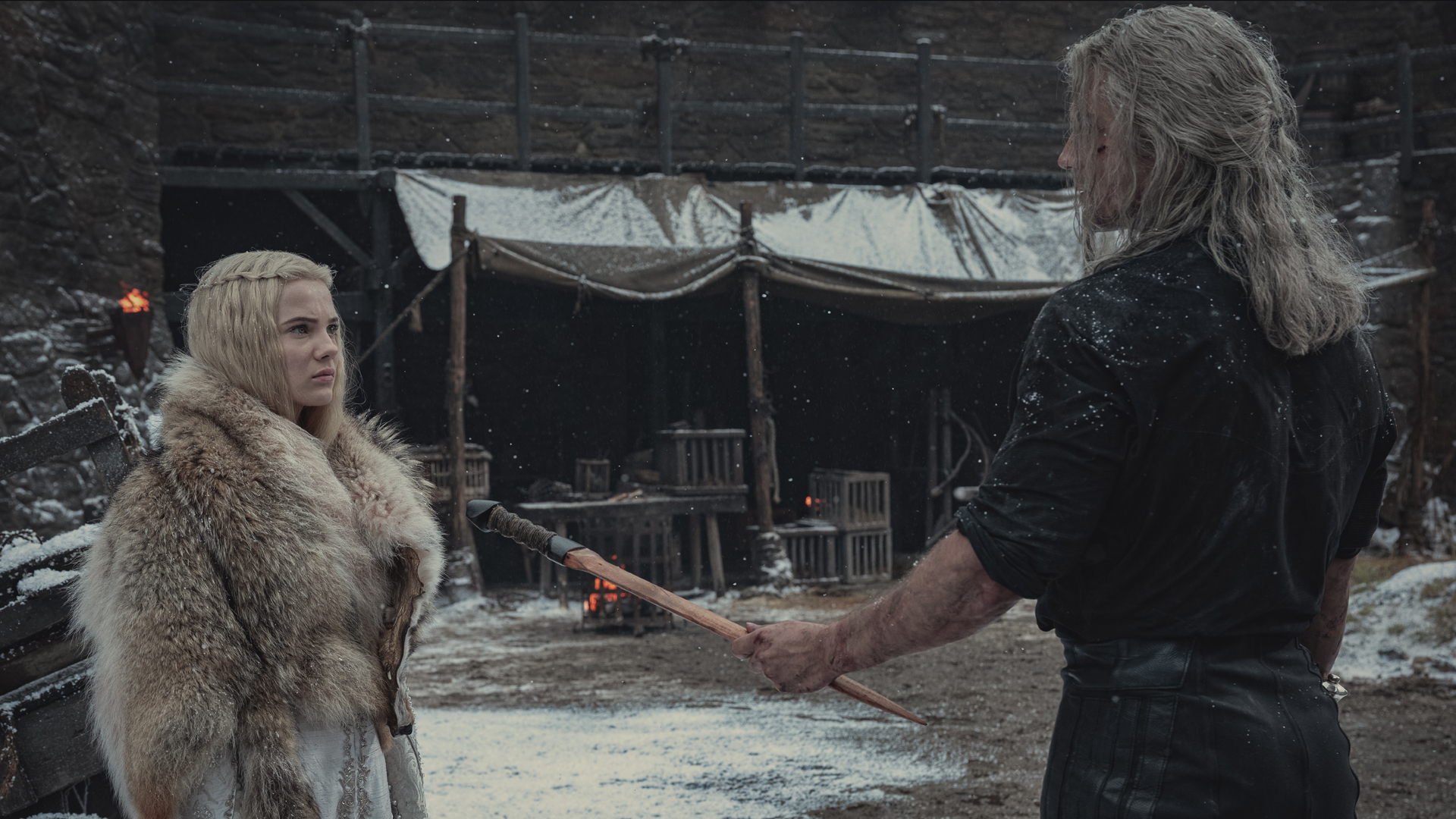
Picking up straight after the season 1 finale, which saw Geralt (Henry Cavill) and Ciri (Freya Allen) finally meet, season 2 opens with the duo searching for Yennefer (Anya Chalotra) in the aftermath of the Battle of Sodden Hill.
After Geralt finds out that his former flame has supposedly perished, he takes Ciri to the safest place he knows – Kaer Morhen, his childhood home and training ground for all Witchers.
And with good reason. As the Continent’s humans, elves, mages and monsters fight for supremacy beyond Kaer Morhen’s walls, Geralt doesn’t just strive to keep Ciri safe from these outside forces: he also tries to protect her from own mysterious powers, which have the potential to destroy the world if Ciri doesn’t learn to control them.
It’s this father-daughter style relationship that The Witcher season 2 is largely built upon. Fans have waited long enough to see Geralt and Ciri cross paths in the show – the duo weren’t united until season 1’s final scene – so it’s not a surprise that the pair share plenty of scenes this time around.
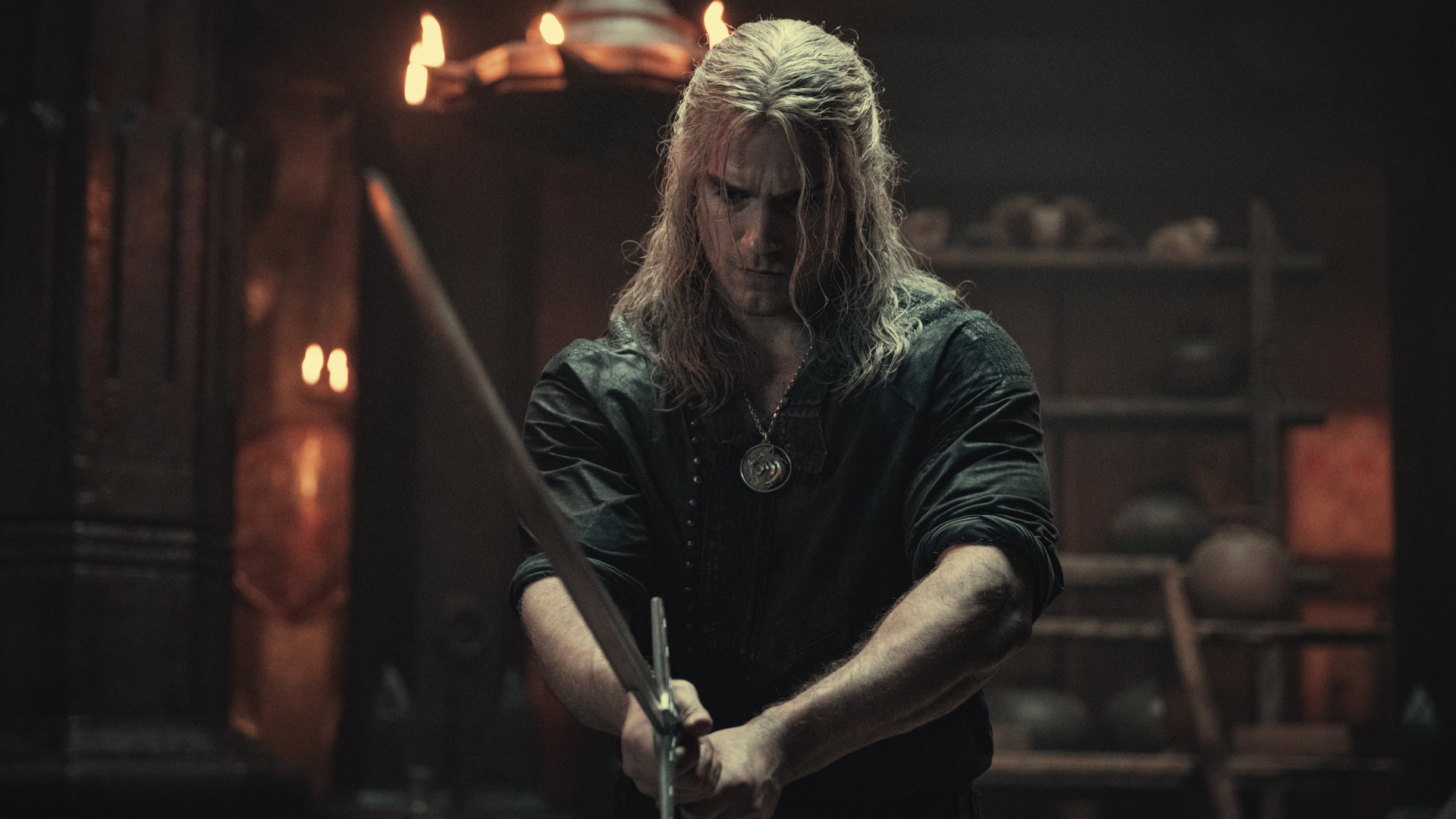
And the wait has been worth it. Geralt and Ciri’s burgeoning relationship is one born out of their polar opposite natures; Geralt’s stoicism complementing Ciri’s fragility, while her humanity pushes back against his cold, at-times feral disposition. It’s these contradictory forces that make the pair’s interactions highly enjoyable to watch. Though she often agrees to follow Geralt’s rules, Ciri also challenges her elderly protector over his stubborn ‘safety first’ and ‘kill at all costs’ policies.
Such verbal confrontations bring a pleasing undercurrent of tension to their embryonic bond and place Geralt in an unusual position, too. He’s still the archetypal anti-hero that Witcher fans adore but, with Ciri occasionally questioning his motives, he’s forced to reckon with his methods and deeply entrenched worldview.
This soul searching makes Geralt a more complete, multidimensional character than the one we saw in season 1: yes, Ciri learns plenty from her more experienced bodyguard, but it’s arguably Cintra’s exiled princess who teaches Geralt to be more than the ‘butcher’ that he’s known as.
Nightmare of the Wolf
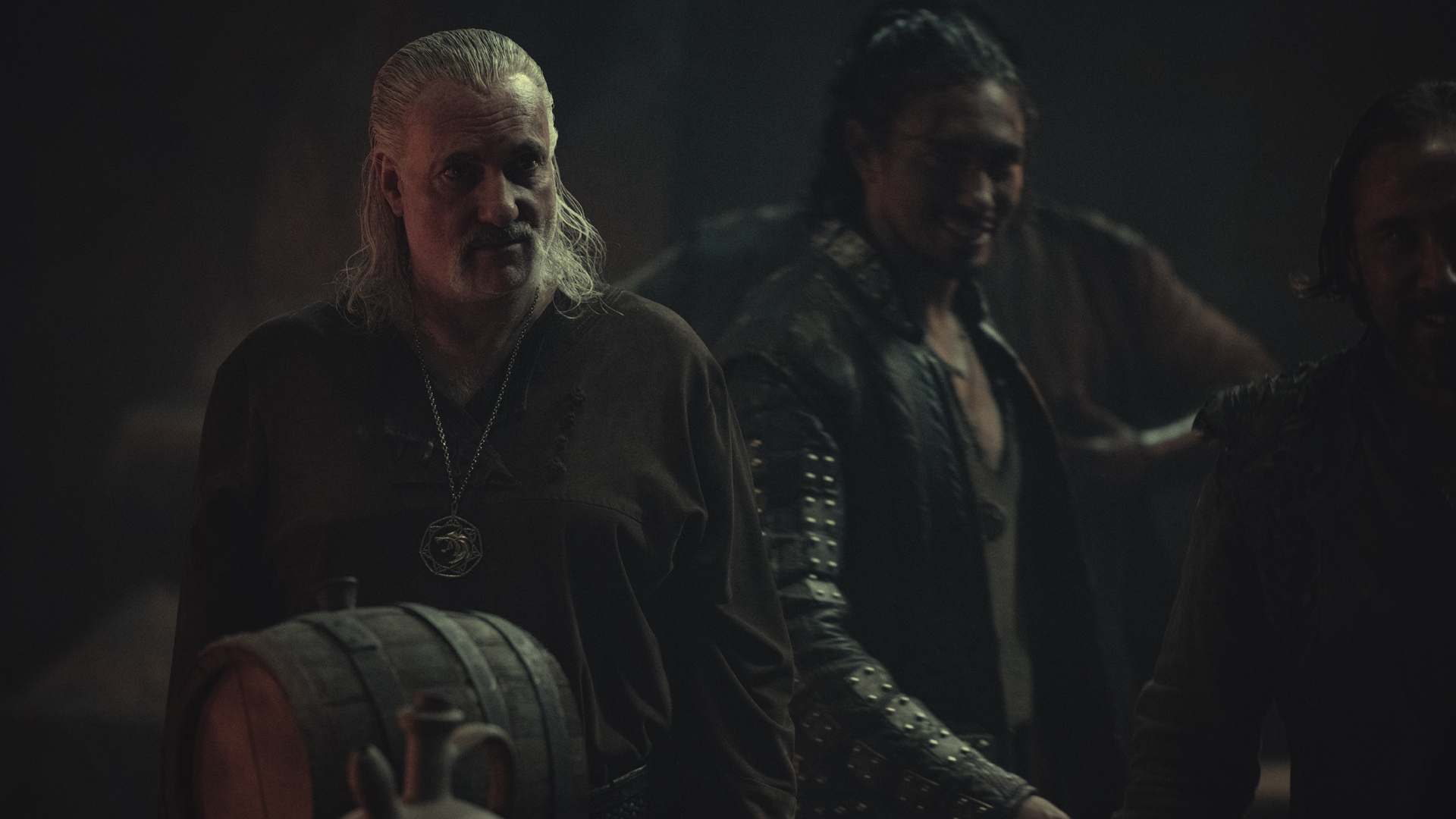
That isn’t to say there aren’t other hugely important and unusual character exchanges in season 2.
We’re introduced to Geralt’s mentor Vesemir (Kim Bodnia) and his Witcher brethren when Geralt returns to Kaer Morhen. Instantaneously, the arrival of a female – women can’t be Witchers – leads to a straining of relations between Geralt and his surrogate brothers, leading to numerous instances where Ciri must prove her worth to her now-adoptive family. Ironically, Kaer Morhen becomes a place where Geralt ultimately can’t defend her; a situation that may have become nightmarish for the White Wolf as he can't protect her 24/7.
Ciri, however, shows that she’s no pushover, consistently rising to the challenges put in front of her and navigating them with a steely resolve that's reminiscent of her protector-in-chief. Such events act as precursor for more important matters and greater obstacles as season 2, and the Netflix series overall, progresses.
Conversations between Geralt and Vesemir are equally intriguing as Ciri’s determination to prove herself. Seeing these two key Witcher characters interact for the first time, in a live-action capacity, is thrilling. Not only do we get to learn about the man who shaped Geralt emotionally and physically, but we also discover that there are complications within their own relationship.
The wait has been worth it. Geralt and Ciri’s burgeoning relationship is... highly enjoyable to watch.
Vesemir may act as a guiding light to Geralt, offering him crucial advice as Geralt navigates the unfamiliar territory of being a father figure to Ciri. But Vesemir himself, portrayed with a soulfulness and moral complexity by Bodnia, is as fallible a character as his surrogate son. As season 2 progresses, he becomes torn between his loyalty to Geralt and Ciri, and the Witchers’ own survival: a microcosm of how each character in The Witcher is largely looking out for themselves or their own faction.
Season 2 contains many more unusual character tête-à-têtes and team-ups, too. Some are brief, such as Tissaia (MyAnna Buring) and Geralt’s fleeting conversation at Sodden Hill. Others, meanwhile, such as Cahir (Eamon Farren) and Yennefer’s unlikely partnership – one that posits an alternate future where Yennefer may have been Cahir’s advisor instead of Fringilla (Mimî M. Khayisa) – play out across multiple episodes. There’s even time for The Witcher’s three main characters to belatedly be in the same room together, which will delight fans of the novels and the TV show.
These character interplays, which inject a freshness to proceedings, are only possible thanks to season 2’s more linear narrative. While The Witcher’s first season followed multiple storylines in different time periods, season 2’s plot threads take place in the same timeline. This simultaneously allows for various characters’ paths to cross and the show’s mysteries to unravel methodically in the present. Viewers who were confused by season 1’s decade-hopping formula, then, will be pleased that season 2 forgoes its predecessor’s time-jumping approach, making events easier to follow.
A bewitching, engrossing world
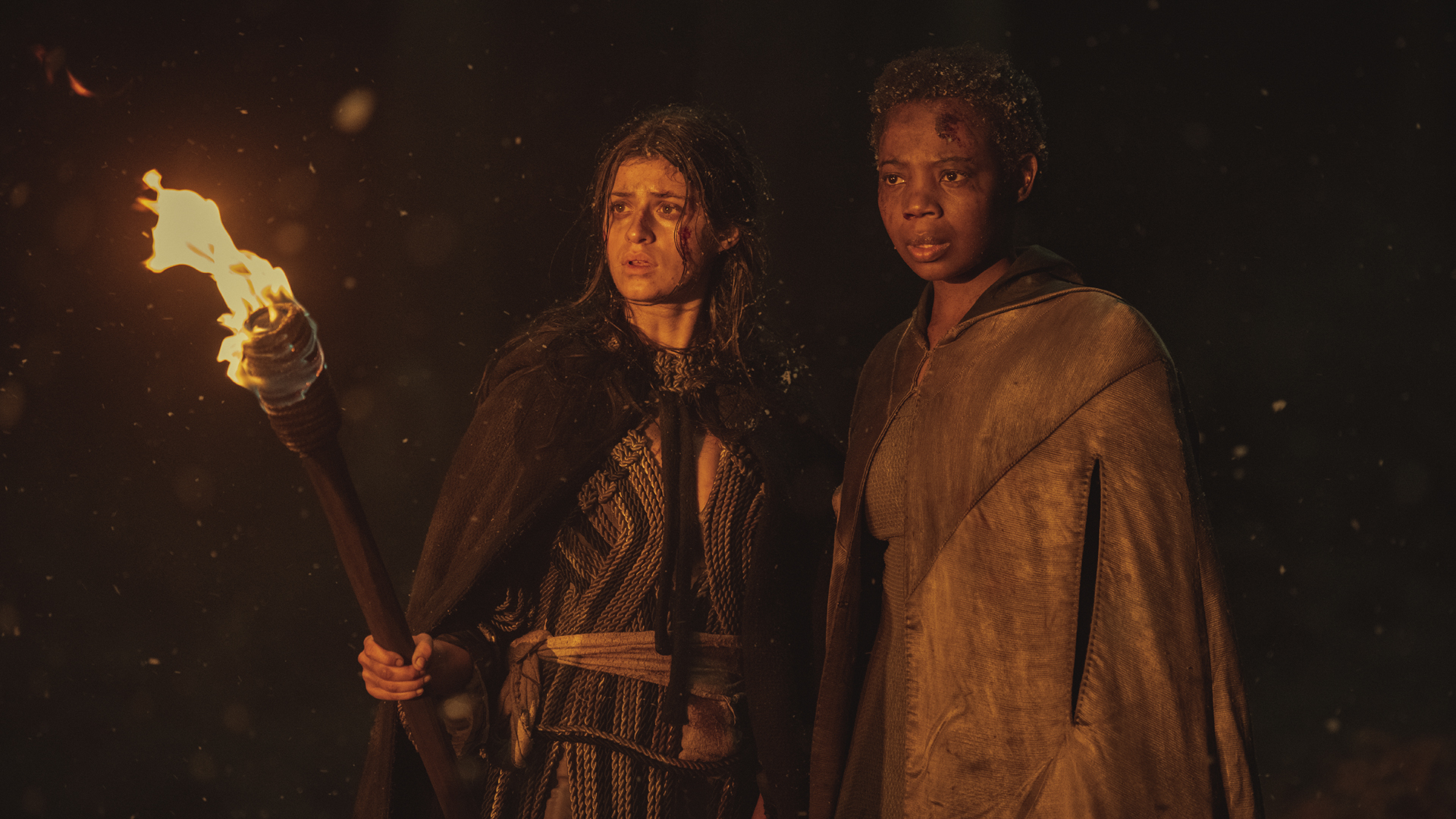
Another large part of The Witcher’s appeal is the sheer size of its world. Fans were treated to a globetrotting adventure of sorts during the show’s first season but, given the vastness of the Continent, and how the story plays out in the novels, season 1 didn’t cover every region of this fictional land.
The Witcher season 2 goes some way towards rectifying this. The introduction of key locations, including Kaer Morhen, Redania, Melitele and the Dorian detective agency, widens the scope of the Continent and expands on the worldbuilding that was established in season 1. The regular mentioning of Monoliths and the Conjunction of the Spheres, as well as the elves’ season-2 inclusion, flesh out the Continent’s lore, and help to unravel the mystery behind Ciri’s mysterious abilities.
Fans of the TV show, who haven’t read The Witcher books, need not worry about being left behind by some of the series’ more convoluted mythology either. Yes, some story threads are difficult to follow if you’re yet to read the novels – the elves’ search for a particularly magic-imbued location in episode 3, and their reasons for doing so, is slightly difficult to follow. But, in the main, season 2 knows when to enter exposition territory for the good of its plot: it doesn’t feel weighty, nor does it alienate viewers who aren’t experts on The Witcher’s lore. Key plot points and shock reveals are explained in a digestible manner, which will be most welcome for some of the show’s audience.
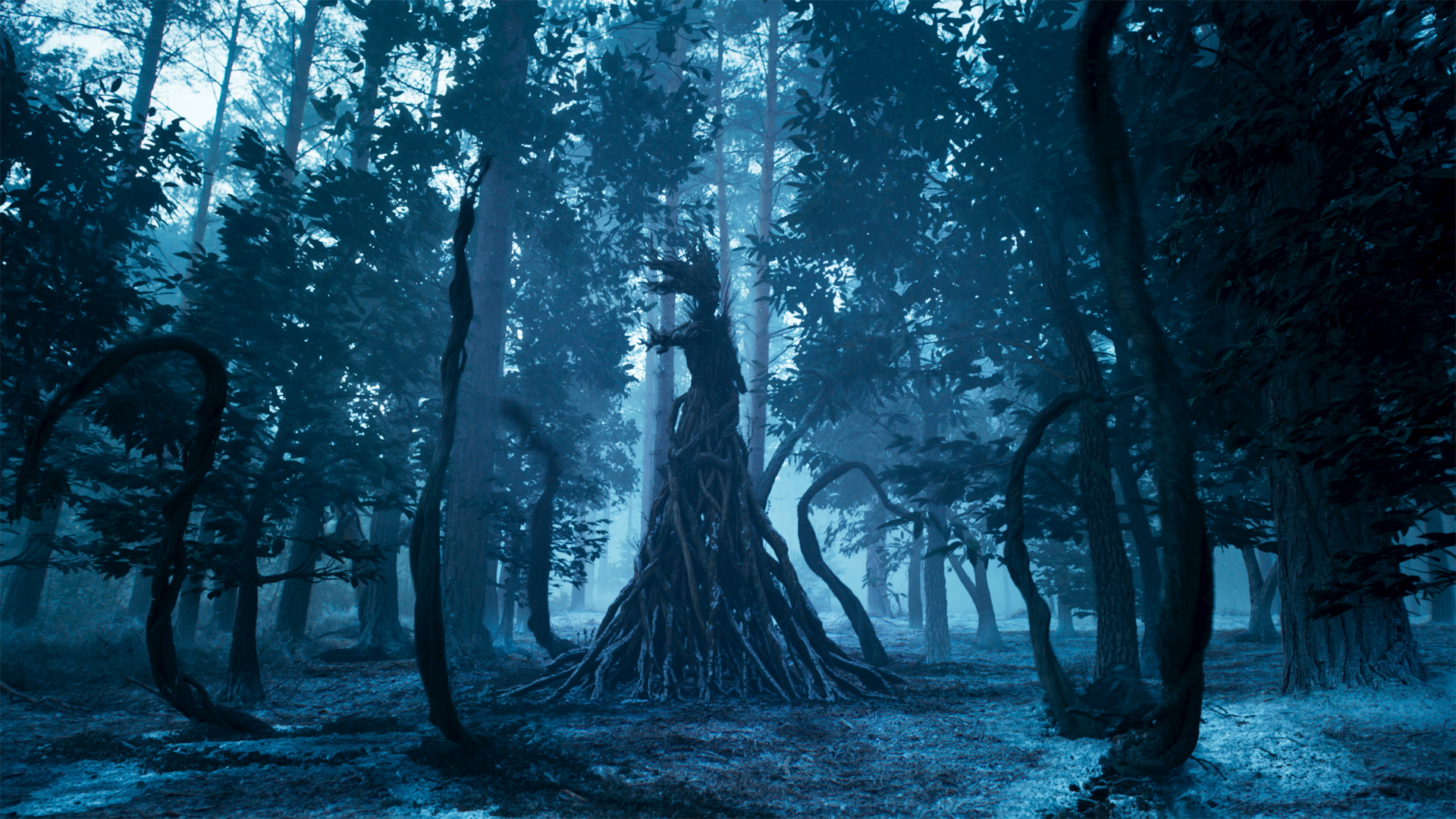
Away from its narrative, season 2 feels like a suitable upgrade in many other areas.
Monster encounters, although sporadic, are tighter, more action-packed affairs. Geralt’s battles against creatures such as the Bruxa are more dramatic and gripping than before. There’s an edginess to these fights that wasn’t wholly present in season 1’s monster battles – and yes, that’s largely down to Geralt’s determination to keep Ciri safe from harm. But the raising of such stakes are necessary: Geralt is looking out for two people’s lives now, rather than just his own, so season 2’s monster encounters have to be bigger and better than what came before.
It isn’t just Geralt’s duels with the Continent’s monsters that feel more significant in season two: there are also consequences for every word uttered and action taken. From the increasing politicking that occurs in the Brotherhood of Sorcerers to Geralt’s own actions, and from the tug of war over Ciri to numerous character betrayals, season 2 isn’t shy about upping the ante and dropping bombshells on its audience.
But it’s also funny. Funnier than its counterpart, actually, which is largely thanks to the situations that Jaskier (Jacob Batey) gets himself into. But even the rarely witty Geralt cracks a joke or two – something that helps to make him more relatable. There’s even a humorous call-back to viewers’ confusion over season 1’s time-hopping storylines. It’s very meta, sure, but it’s done in such a way that you can’t help but raise a smile.
Our verdict
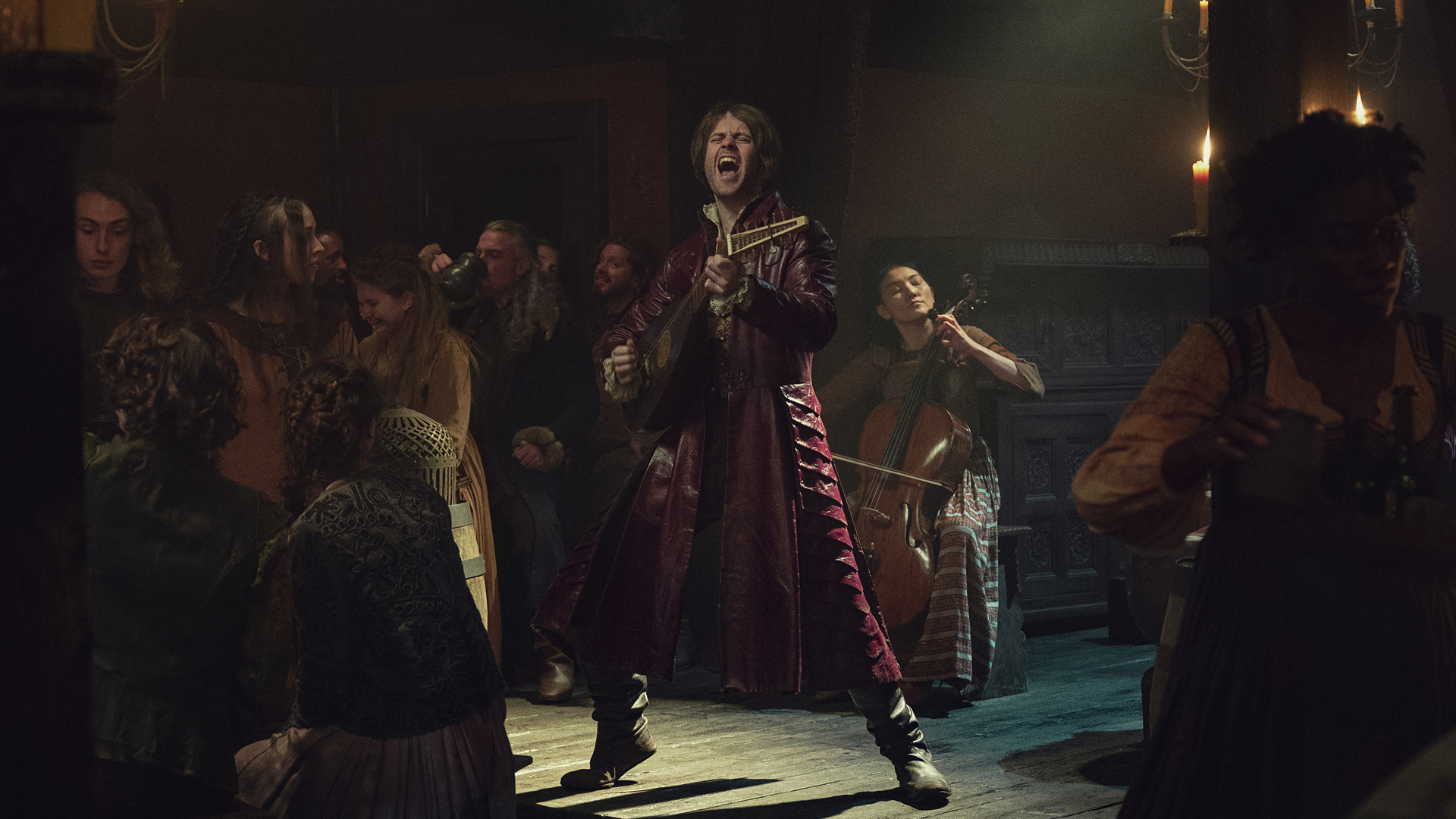
The Witcher season 2 is an ambitious, emotionally resonant, and mesmerizing improvement on the show’s first season.
Unburdened by fans’ expectations for a live-action Witcher TV show, the latest instalment in Netflix’s adaptation is meatier than its predecessor, reflecting the newfound confidence of its showrunner and producers to take the series in directions they perhaps didn't have the courage to explore previously.
It feels like a show that’s now free of key character introductions and initial worldbuilding, allowing for greater character development, grander and more intimate action set-pieces, and both poignant and surprising moments; there’s even another catchy song from Jaskier that'll stick around in your head for weeks on end.
It isn’t perfect – some character decisions are irrational, and there’s a clunkyness to some scenes where greater plot explanations are required – but, overall, season 1 is superior to what came before.
Strange as it is to say, The Witcher’s second outing feels like a coming-of-age tale for its main trio in Geralt, Ciri and Yennefer, and, clichéd though it sounds, too, season 2 is about the adoptive family that we make along our own respective journeys.
With the holiday season around the corner, a time when our focus is very much on families and friends, the Witcher season two’s main theme certainly feels apt – and that’s definitely comforting.
The Witcher season two launches exclusively on Netflix on Friday, December 17.
0 comments:
Post a Comment